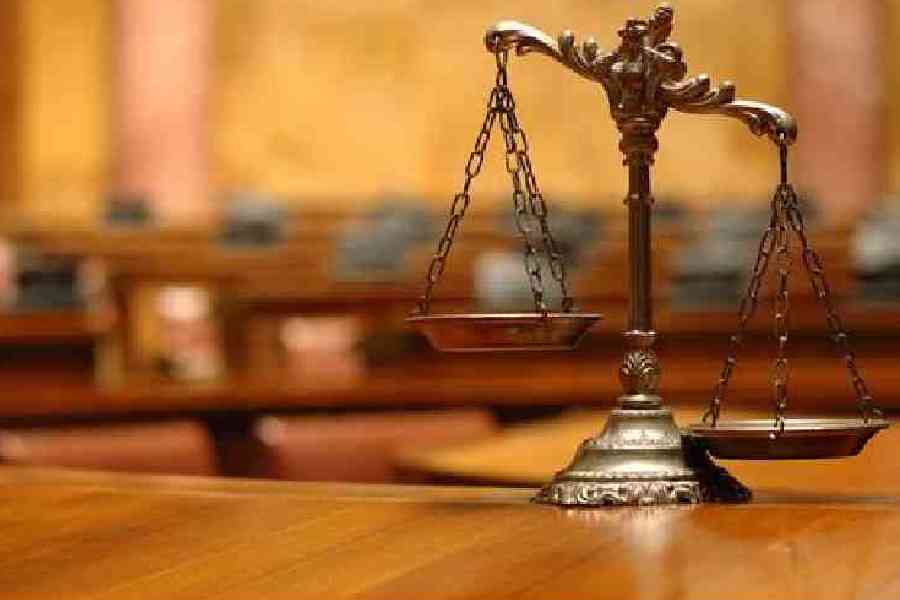On this day the British monarch George I issued a charter to the British East India Company.
The charter was a significant step towards establishing the British legal system in India.
It was meant to address the increased political and commercial activities of the company.
The charter introduced uniformity of legislative and judicial systems in all three presidencies, Calcutta, Madras and Bombay. It established a local legislature in these places.
The Governor-in-Council of each presidency was given the power to make by-laws, rules and regulations in the corporations and settlements with the prior approval of the board of directors. Each presidency town would have a corporation consisting a mayor and nine aldermen.
Civil and criminal courts in the Presidency towns were established by the charter. A mayor’s court was established in each presidency and it was designated as the royal court.
The charter also established the system of appeals from an Indian court to King-in-Council or the Privy Council in England.
The mayor’s court could hear civil matters. The Governor and five senior members in the council were entrusted with criminal jurisdiction.
